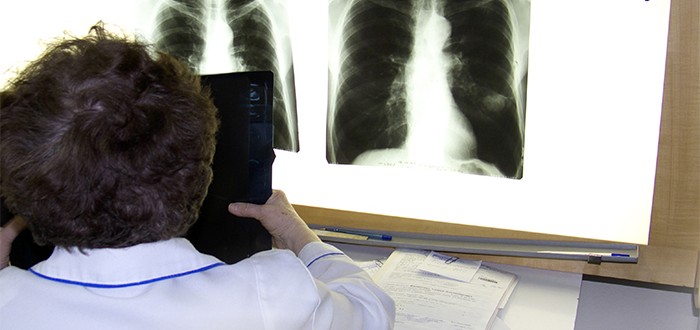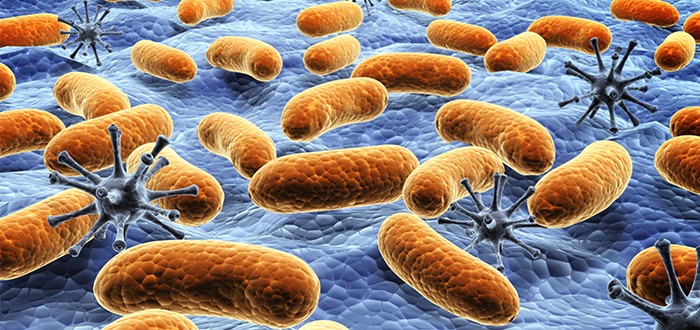You have mesothelioma because you were exposed to asbestos. But you needed only the tiniest exposure to trigger the cancer if your great-great-great- great-great-great-great-grandparents happened to be a particular German couple who settled in colonial America in the 1700s. Researchers have figured out that this one husband and wife were the starting point for a
The Blog
Two serum biomarkers that may be particularly helpful in diagnosing malignant pleural mesothelioma at an early juncture are soluble mesothelin-related peptide and thioredoxin-1. In research conducted by a team from Dicle University in Diyarbakir, Turkey, these two serum biomarkers were found to be increased in individuals who had been exposed to asbestos. Asbestos exposure is
Cancer clinicians attending the recent International Mesothelioma Interest Group (iMig) conference in the United Kingdom learned that Phase 2 testing of the WT1 mesothelioma vaccine galinpepimut-S ended satisfactorily. Galinpepimut-S is a late clinical-stage cancer immunotherapy that targets malignant pleural mesothelioma and other solid tumors as well as certain hematologic cancers. The Phase 2 clinical trial
The U.S. Food and Drug Administration (FDA) in early May accepted an Investigational New Drug (IND) application for a mesothelioma treatment aimed at patients with a particular defect of the BAP1 gene. The FDA’s IND approval was granted for the drug tazemetostat. The manufacturer, Epizyme, Inc., is based in Cambridge, Massachusetts. Getting IND approval paves
Evidence that T cell receptor product JTCR016 can reduce the size of mesothelioma tumors was presented recently at the American Association for Cancer Research (AACR) annual meeting in New Orleans, Louisiana. This same evidence also showed that JTCR016 can spur significant T cell expansion and persistence in mesothelioma patients. JTCR016 targets Wilms tumor-1 (WT-1), according
Extended pleurectomy decortication (EPD) is an aggressive enough type of mesothelioma surgery that it is thought to be always contraindicated for elderly mesothelioma patients. However, a group of researchers from the University of Leicester Hospitals in England now believe that a mesothelioma patient’s advanced age should not by itself automatically exclude him or her from
Controlling heparanase secretions in mesothelioma cells is something that has captured the attention of a number of mesothelioma researchers since 2004. Now, a relative handful of them will be able to probe heparanase more deeply thanks to a newly formed cancer research partnership between the Laura and Isaac Perlmutter Cancer Center at NYU Langone Medical
Your mother told you iron was good for your health because it helped build a strong body. Your doctor may someday tell you the opposite – iron is bad because it appears to encourage the onset of mesothelioma in people who have been exposed to asbestos. Researchers in Japan have uncovered evidence suggesting it might
Don’t be surprised if the cure for mesothelioma comes not from a cancer hospital research lab but from Apple or Microsoft. Scientists are coming to believe that diseases can be treated by using computer programming language to change how living cells behave. The idea is to hack into the DNA “circuitry” of a cell — a
The developer of the mesothelioma immunotherapy drug CRS-207 has revealed final numbers from its Phase 1 clinical trial. They are very encouraging. Fifty-nine percent of the patients who received CRS-207 along with standard mesothelioma chemotherapy experienced a response. The response rate to mesothelioma chemotherapy without CRS-207 was only about half that number. Even better, disease










